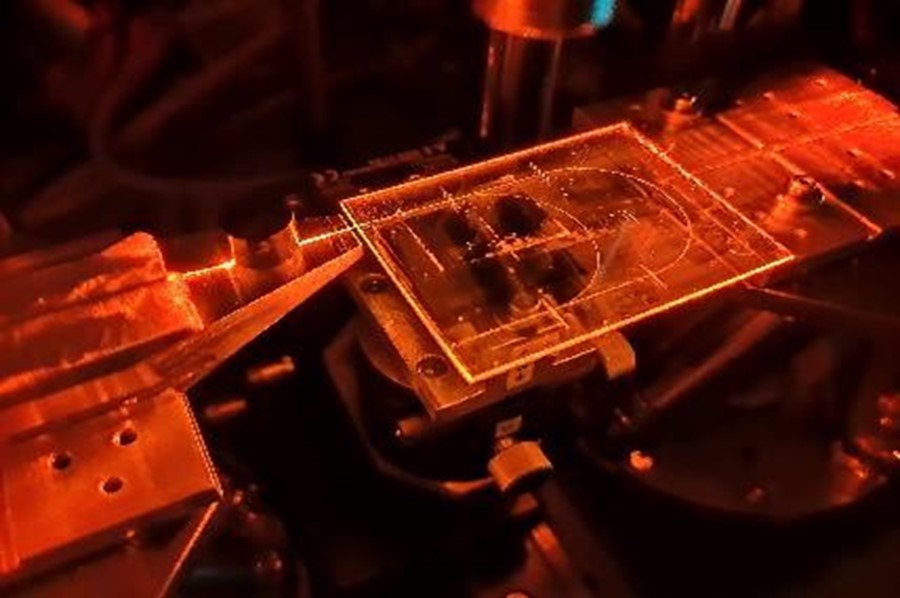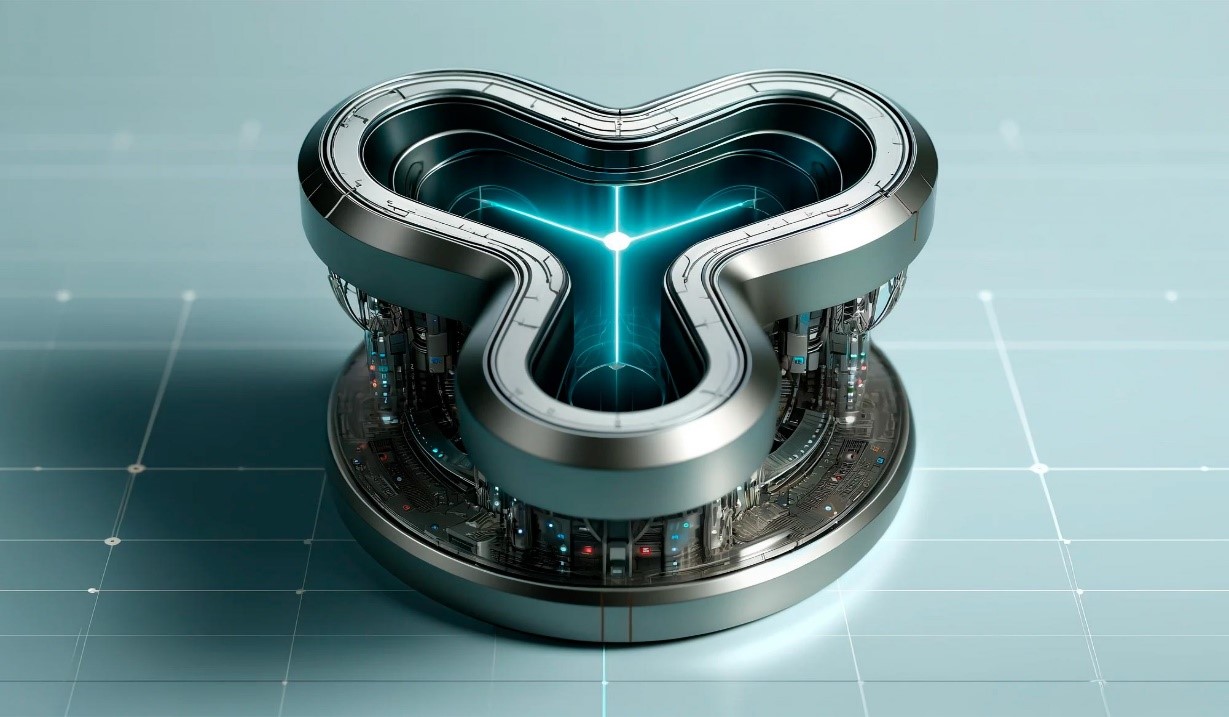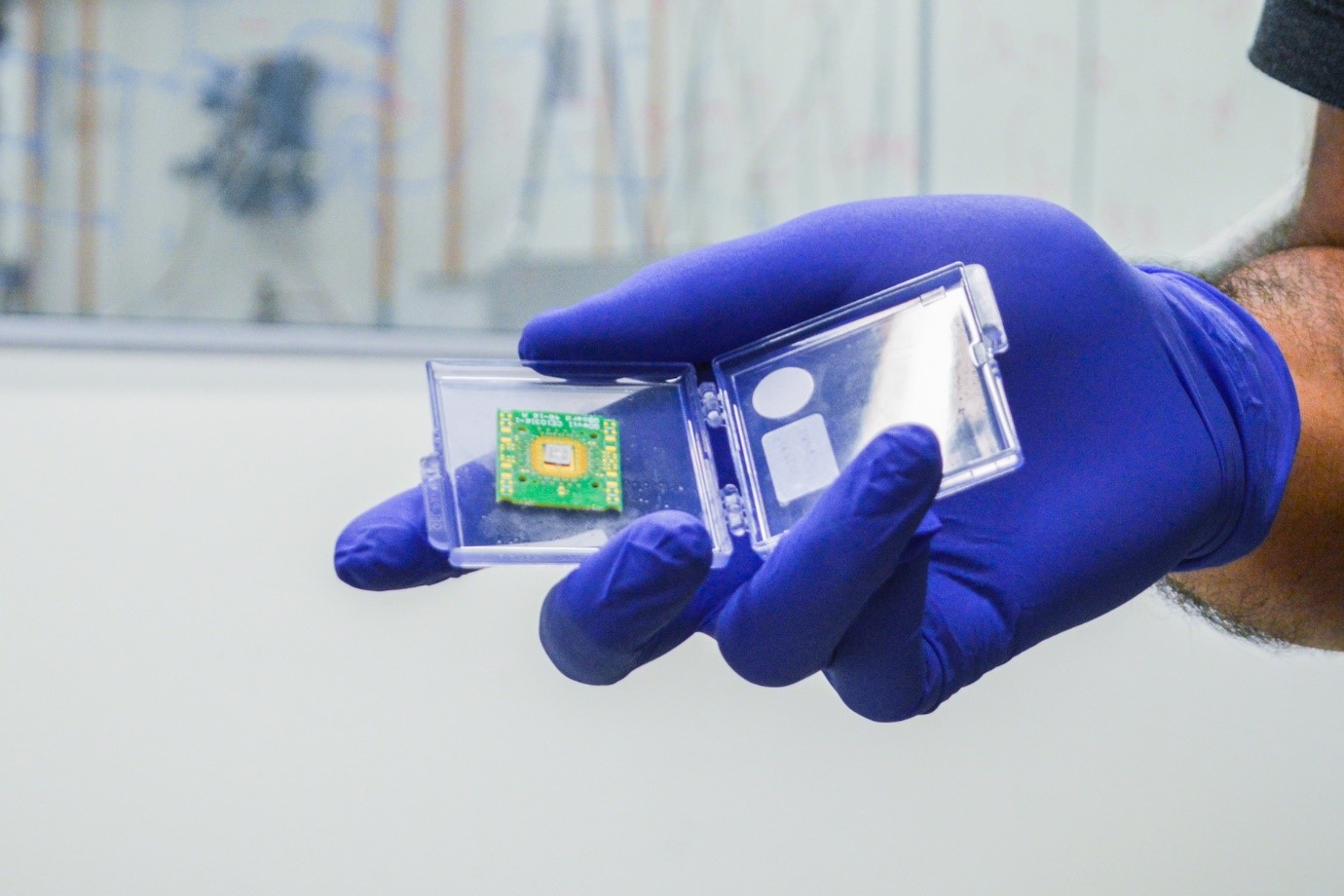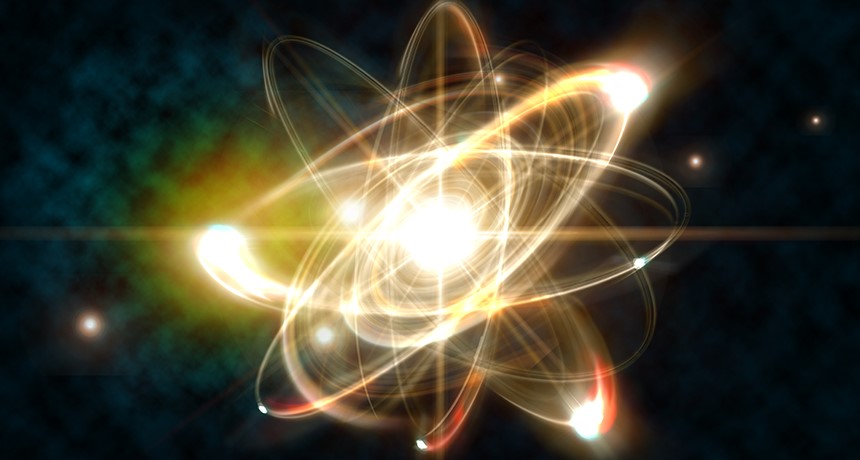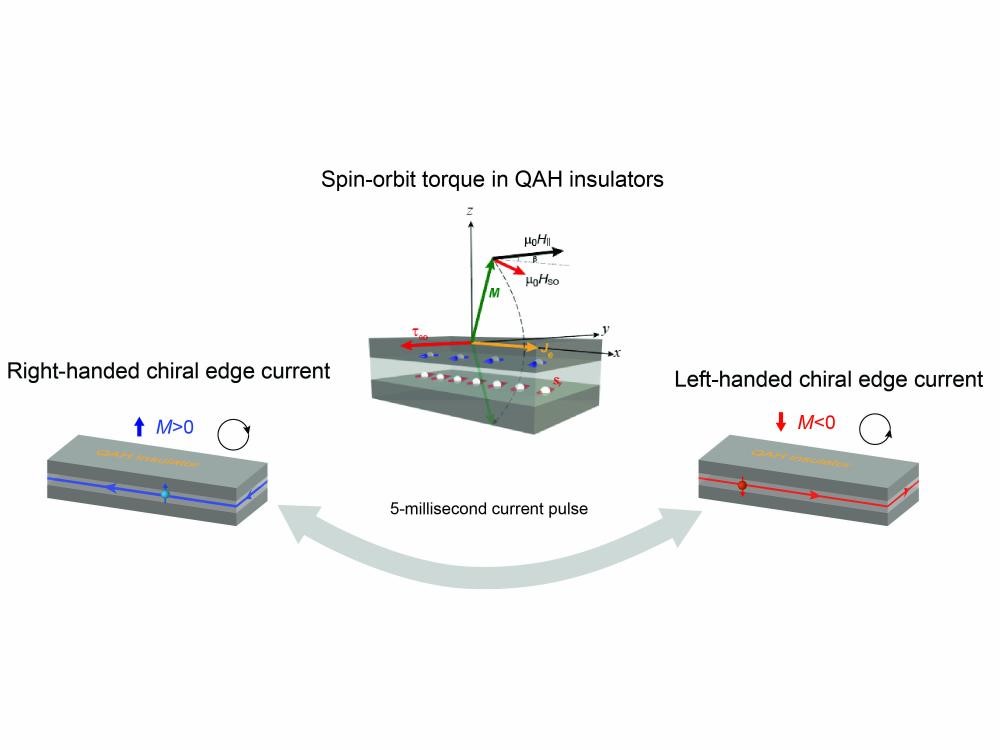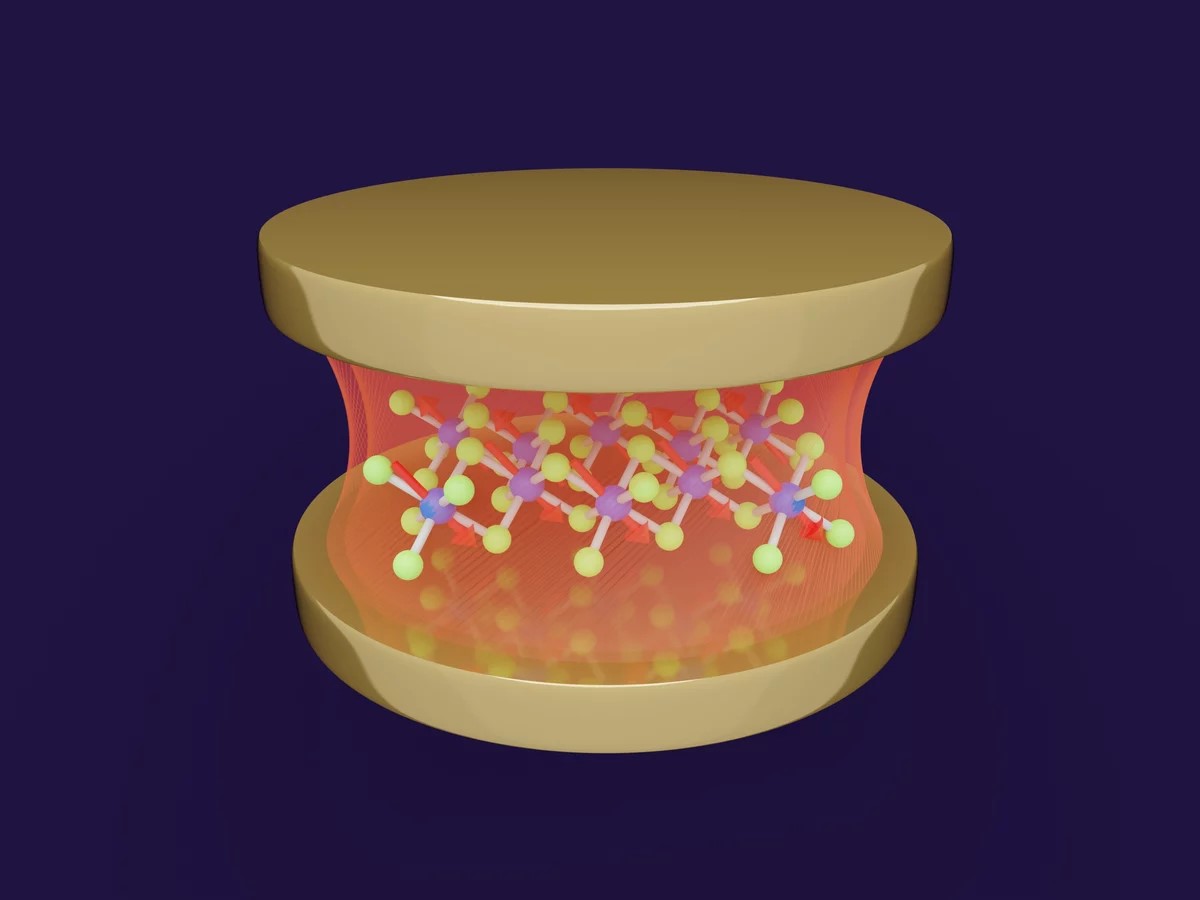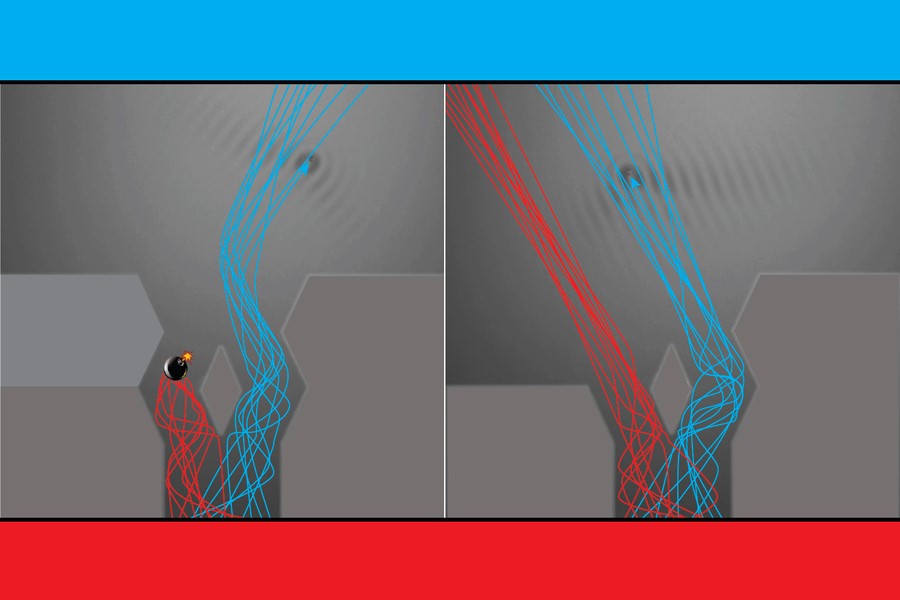The Future of Energy Storage with Quantum Batteries
In the realm of cutting-edge quantum technologies, quantum batteries are emerging as a groundbreaking innovation, poised to outperform conventional chemical batteries in specific low-power applications. While quantum computers often dominate the spotlight, the potential of quantum batteries for sustainable energy solutions, and even integration into electric vehicles, should not be overlooked.
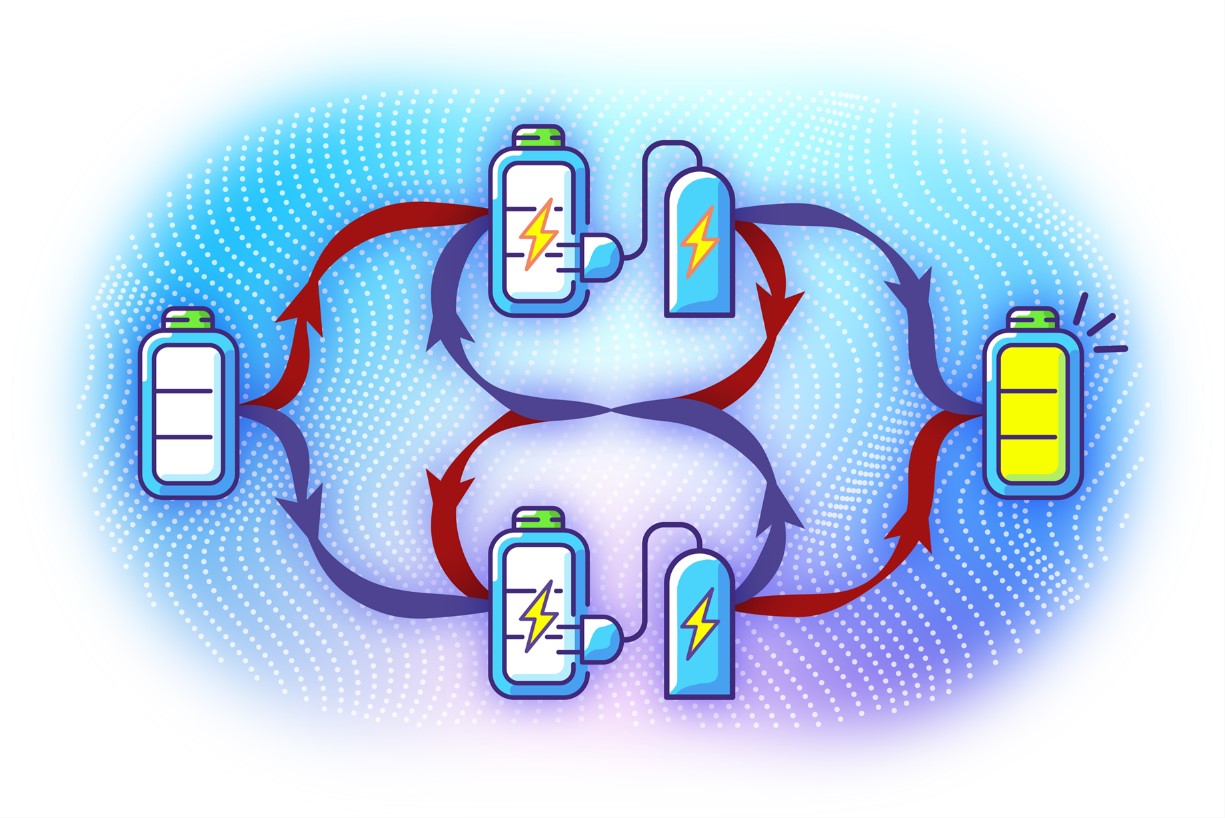
Figure 1. Charging Quantum Batteries in Indefinite Causal Order. (Credit: Chen Et Al. CC-BY-ND)
Figure 1 shows in the classical world, if you tried to charge a battery using two chargers, you would have to do so in sequence, limiting the available options to just two possible orders. However, leveraging the novel quantum effect called ICO opens the possibility to charge quantum batteries in a distinctively unconventional way. Here, multiple chargers arranged in different orders can exist simultaneously, forming a quantum superposition.
Quantum batteries currently exist only within the confines of laboratories, where researchers worldwide are diligently piecing together various elements to bring this futuristic technology into practical application. At the forefront of this exploration are graduate student Yuanbo Chen and Associate Professor Yoshihiko Hasegawa from the University of Tokyo's Department of Information and Communication Engineering.
Intriguingly, the key to unlocking the efficiency of quantum batteries lies in their unique charging mechanisms. Unlike traditional batteries that rely on chemical reactions, quantum batteries utilize microscopic particles, such as arrays of atoms, governed by the laws of quantum physics. This distinction allows for the exploration of unconventional methods that challenge our intuitive understanding of small-scale phenomena.
Chen explains, "While chemical batteries follow classical laws of physics, quantum batteries delve into the quantum nature of microscopic particles. This opens up avenues to bend or even break our intuitive notions, particularly in the realm of time."
In collaboration with researcher Gaoyan Zhu and Professor Peng Xue from the Beijing Computational Science Research Center, the team at the University of Tokyo embarked on experiments to optimize quantum battery charging. Unlike previous methods that involved sequential charging stages, the team introduced a novel quantum effect called "indefinite causal order" (ICO). In the quantum realm, ICO allows for the coexistence of both directions of causality, challenging the linear causality observed in classical physics.
Chen elaborates, "With ICO, we demonstrated that the charging process significantly impacts a quantum battery's performance. We observed substantial gains in energy storage and thermal efficiency. Surprisingly, we found that a lower-power charger could outperform a higher-power counterpart using the same apparatus, showcasing an unexpected inverse interaction effect."
The implications of ICO extend beyond the realm of quantum batteries. The underlying principles could enhance the performance of tasks related to thermodynamics or processes involving heat transfer. A notable application is in the realm of solar panels, where ICO could potentially mitigate heat-related efficiency reductions, leading to overall performance improvements.
As quantum batteries inch closer to becoming a practical reality, their potential to revolutionize low-power devices, sustainable energy solutions, and even existing technologies like solar panels becomes increasingly evident. The journey into the quantum frontier promises not only advancements in energy storage but also a reevaluation of our fundamental understanding of causality and time at the microscopic scale.
Source: The University of Tokyo
Cite this article:
Hana M (2023), The Future of Energy Storage with Quantum Batteries, AnaTechMaz, pp. 135


